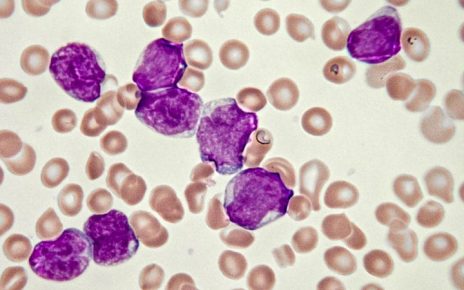A new study of 4,000 Brits has found that nearly half of adults have cut out foods including gluten or dairy despite only 15 percent of people being formally diagnosed with an intolerance or allergy.
The survey, conducted by wellness genetics company DNA Fit, found that 32 per cent of respondents believed they were dairy intolerant and 24 percent were gluten intolerant. This is driven by celebrities who has exhibited similar symptoms (22%) followed by receiving advice from a friend or family member (18%), reading an article about intolerance (17%), sudden weight gain (12%) or via an influencer on social media (9%).
The growing trend has led to nutritionists coining to the term ‘nutrichondria’ to describe a propensity to self diagnose food intolerances based on incorrect or flawed scientific evidence.
Simone Austin, an Accredited Practising Dietitian, Advanced Sports Dietitian and Spokesperson of the Dietitians Association of Australia, previously told Women’s Health that she’s noticed a similar issue in Australia.
“From my experience of working with people, particularly females, I would say many are, for want of a better word, experimenting with alternatives to dairy,” Austin says. “They might come back to it but they’re sometimes misinformed and are changing for reasons that are actually wrong, they don’t have the correct information.”
Austin says there are plenty of myths about eating dairy, particularly when it comes to weight loss, but the biggest issue with unnecessarily cutting out certain food groups is nutritional deficiencies.
“What is crucial is that nutritionally, alternatives to dairy milk are different,” she explains.
“So if you’re going to not have dairy milk and you’re going to substitute it with an almond or an oat milk you have got to realise that you’re not getting as much protein, you’re not getting enough calcium, you’re not getting enough phosphorus and you’ll need to look for other ways of getting that into your diet.”
A 2014 study of those who had self-diagnosed gluten sensitivity found that it wasn’t gluten triggering their symptoms. The participants were cycled through high-gluten, low-gluten, and no-gluten diets, without knowing which one they were on at any given time. Researchers discovered a ‘nocebo’ effect in which participants expected to feel worse on the study diets, so they did, no matter how much gluten they were consuming.
That study, along with more recent ones, have suggested that other dietary triggers may also be what many have interpreted as gluten sensitivity. The real culprit could be fructan, a type of FODMAP (Fermentable Oligosaccharides, Disaccharides, Monosaccharides and Polyols) carbohydrate found in a variety of foods.
The takeaway? If you’ve some strange symptoms and searching for an answer, speak to your GP.
Source: Read Full Article



